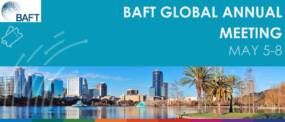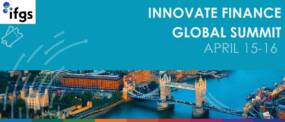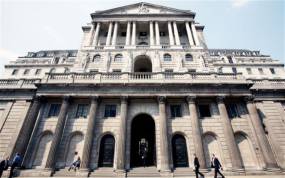Estimated reading time: 3 minutes
Today, the World Trade Board, pioneered by Finastra, has launched the “Financial Inclusion in Trade” roadmap for MSMEs and asks for industry feedback and collaboration. The Financial Inclusion in Trade Roadmap was developed in partnership with multiple industry bodies, identifying five impact areas for trade finance. A major goal of the roadmap is to accelerate the pace of change in the industry and bolster public and private sector partnerships.
The five key points in the roadmap are designed to specifically help MSMEs, which are critically underrepresented in the trade finance world. MSMEs represent 90% of global businesses and 50% of employment, yet only account for 23% of applications in 2020.
Though MSMEs only represent a quarter of trade finance applications, they make up over 40% of rejected applications, greatly contributing to the trade finance gap. This trade finance gap, which was $1.5 trillion in 2018, is estimated to have reached $2 trillion in 2022.
Michael Vrontamitis, deputy chair of the World Trade Board, said, “Difficulty accessing finance means MSMEs are greatly under-represented in global trade. Many good ideas to increase financial inclusion have been put into action, but to accelerate the progress we need to harness the knowledge and technology available to us into collective action.
Our framework aligns diverse stakeholders towards a common vision, with clear lines of responsibility in a results-driven approach. We now invite the industry to provide feedback that will improve the Roadmap, then partner with us on implementation.”
Writing in the Roadmap’s foreword, Pascal Lamy, coordinator of the Jacques Delors Think Tanks, president of the Paris Peace Forum and strategic advisor to the World Trade Board, said, “When it comes to the gaps in the provision of trade finance, no commercial bank or multilateral institution can address these [challenges] on their own.
They need to find new ways of partnering with each other, with governments and with other innovative organisations to deliver their expertise.”
The Financial Inclusion in Trade Roadmap suggests actions in five key areas:
Pillar 1: Digital infrastructure
Digital identities: Accelerate the adoption of digital identities, such as the Legal Entity Identifier (LEI) and Decentralised Identifiers, through mandated utilisation in the financial services sector.
Pillar 2: Legal/Regulatory infrastructure
Support the adoption of, or alignment of legal frameworks with, UNIDROIT’s Factoring Model Law (FML), expected to be released in Q3 2023 and its broader implications and facilitate adoption of efficient regulatory regimes.
Pillar 3: Data infrastructure
Gain access to trade receivables-related data points to update traditional credit-decision methods.
Pillar 4: Technical assistance
Support technical learning amongst financial institutions and MSMEs on matters related to legal, digital and data infrastructure.
Pillar 5: New funding sources
Develop an infrastructure to encourage investment in credible MSME trade finance assets.
Simon Paris, chair of the World Trade Board and CEO of Finastra said, “MSMEs are the fuel of our national economies and the lifeblood of their communities. Together as an industry, I’m sure we have the knowledge, expertise and technology to address the various challenges in a coordinated, collaborative way and help redefine finance for good. This roadmap is a major step towards that goal and we look forward to working with industry further to hasten our progress towards it.”
Before the Roadmap is made final, The World Trade Board invites comments and feedback from all stakeholders to help ensure the guidance can be implemented as broadly as possible. The Financial Inclusion in Trade Roadmap can be found at the World Trade Symposium website, and feedback should be sent to feedback@worldtradeboard.org.
The Financial Inclusion in Trade Roadmap has been developed in collaboration with global organizations with expertise across industries. Key contributors include the International Chamber of Commerce UK (ICC UK), the International Finance Corporation (IFC), BAFT (Bankers Association for Finance and Trade), the International Trade and Forfaiting Association (ITFA) and FCI.
 Australia
Australia Hong Kong
Hong Kong Japan
Japan Singapore
Singapore United Arab Emirates
United Arab Emirates United States
United States France
France Germany
Germany Ireland
Ireland Netherlands
Netherlands United Kingdom
United Kingdom










Comments are closed.